
Find Help
More Items From Ergsy search
-
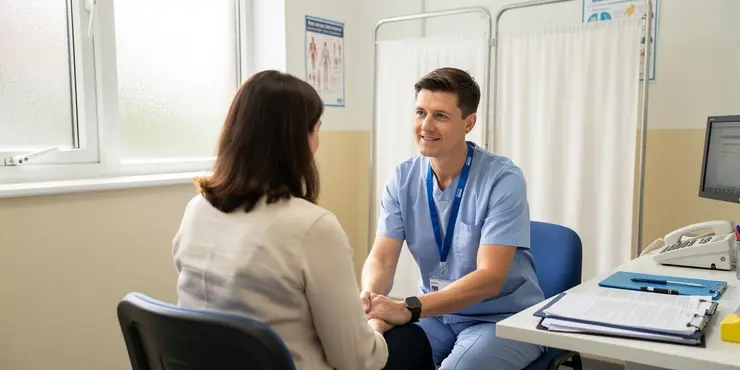
Is the £500 cost of living payment taxable?
Relevance: 100%
-

Do I need to pay tax on the £500 cost of living payment?
Relevance: 100%
-
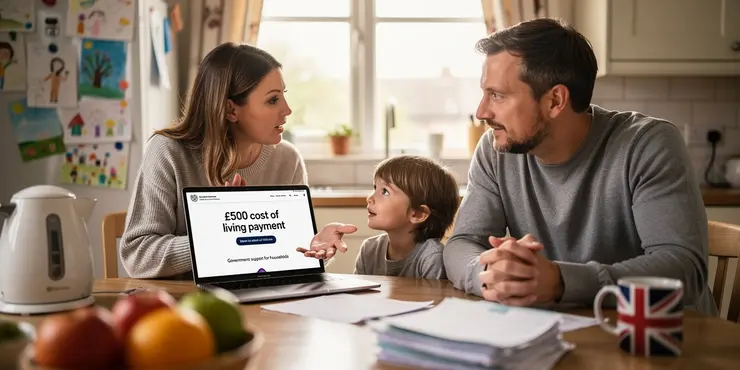
Is the £500 cost of living payment taxable?
Relevance: 97%
-

Is the £500 cost of living payment a one-time payment?
Relevance: 92%
-
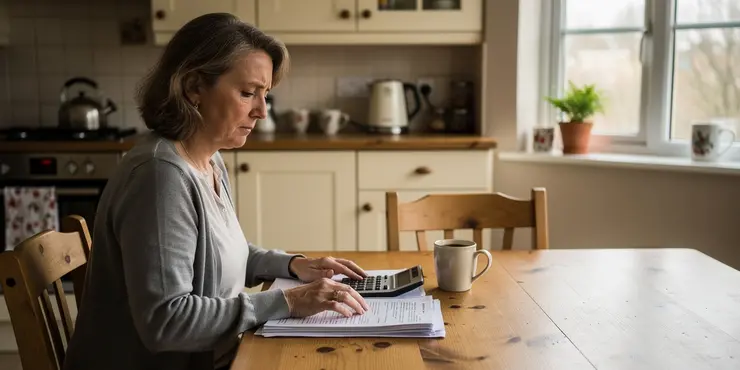
Can I receive this payment alongside other cost of living payments?
Relevance: 91%
-
What is the £500 cost of living payment?
Relevance: 91%
-
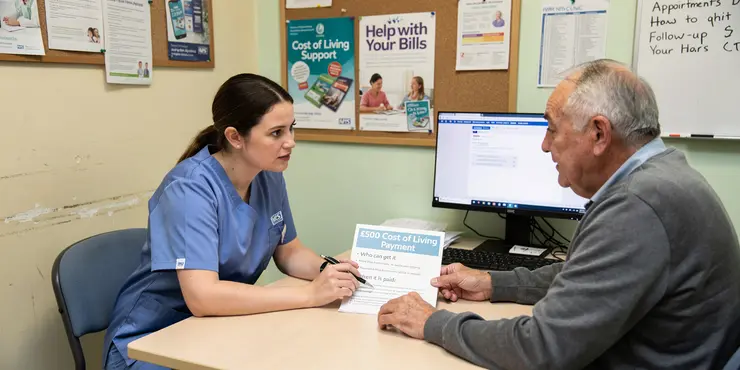
When will I receive the £500 cost of living payment?
Relevance: 90%
-
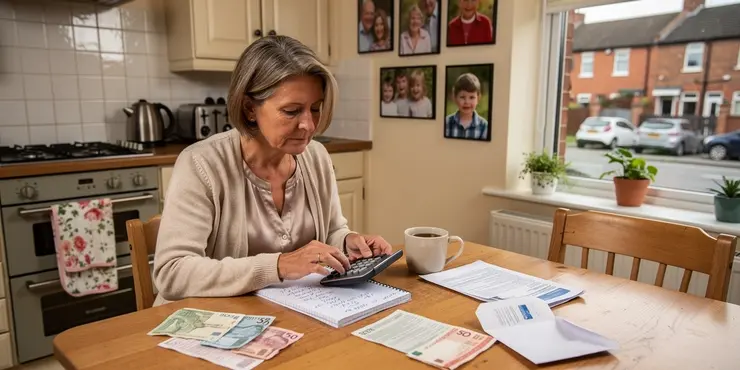
Is the £500 cost of living payment a one-time payment?
Relevance: 89%
-

What is the £500 cost of living payment?
Relevance: 88%
-
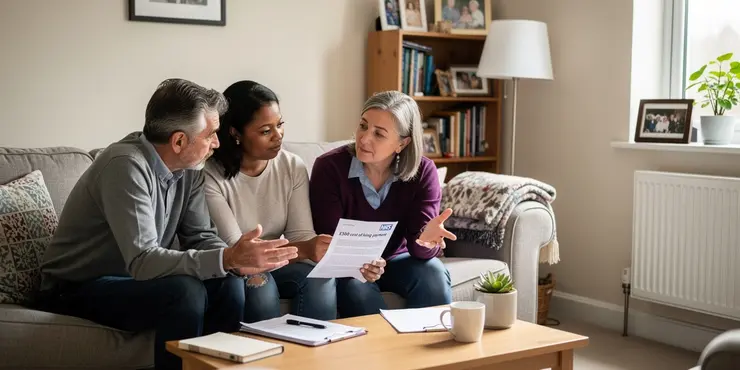
Are there any fees to apply for the £500 cost of living payment?
Relevance: 84%
-
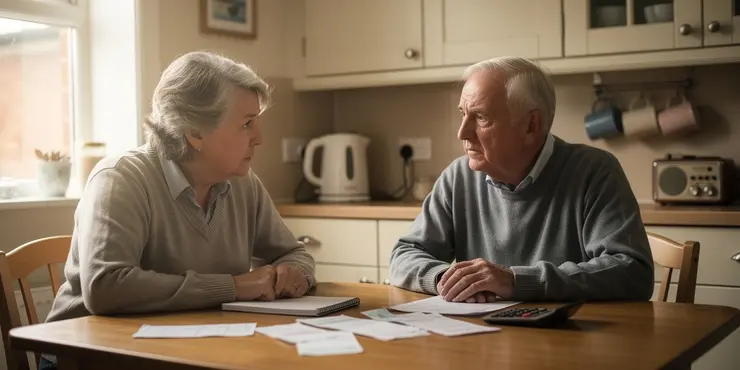
Are pensioners eligible for the £500 cost of living payment?
Relevance: 82%
-
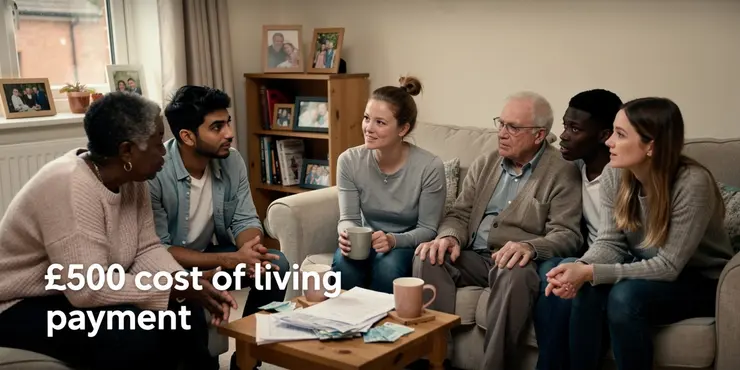
Who is eligible to receive the £500 cost of living payment?
Relevance: 82%
-

How do I apply for the £500 cost of living payment?
Relevance: 81%
-

Are students eligible for the £500 cost of living payment?
Relevance: 81%
-
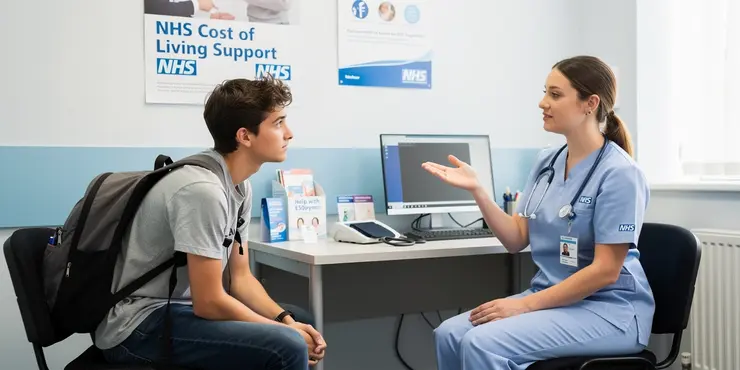
Can students receive the £500 cost of living payment?
Relevance: 80%
-

how do I get the £500 cost of living payment before March deadline?
Relevance: 80%
-

How can I apply for the £500 cost of living payment?
Relevance: 80%
-

Can mature students apply for the £500 cost of living payment?
Relevance: 79%
-
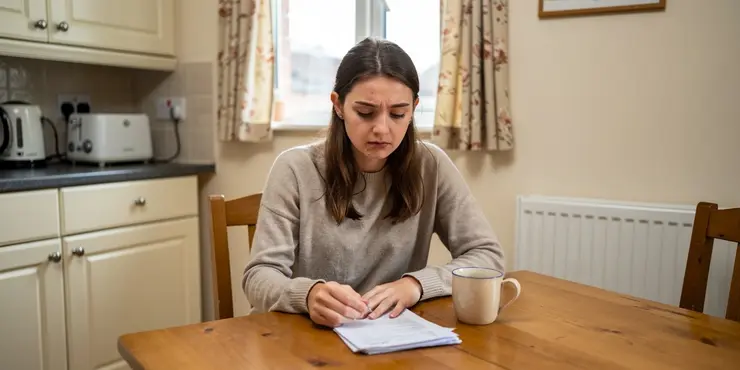
Will the £500 cost of living payment affect my benefits?
Relevance: 79%
-
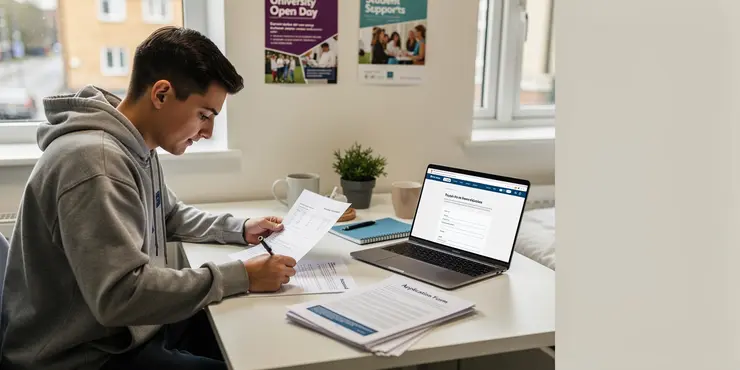
How can students apply for the £500 cost of living payment?
Relevance: 74%
-
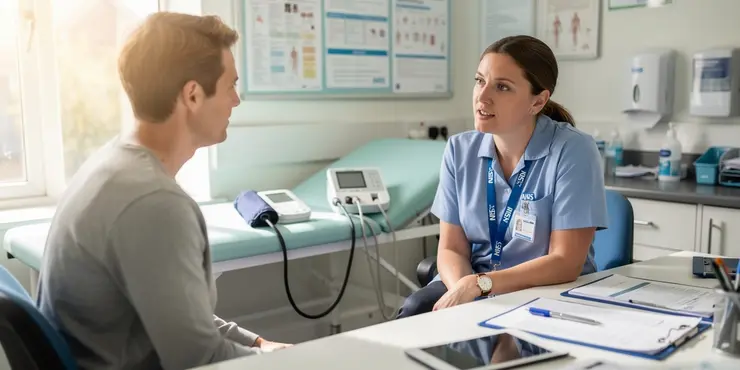
Where can I find more information about the £500 cost of living payment?
Relevance: 74%
-

Where can I find more information about the £500 cost of living payment?
Relevance: 72%
-

Can I receive the payment if I live abroad?
Relevance: 66%
-

Financial Support for Families Amid Rising Cost of Living
Relevance: 62%
-

Navigating the UK Cost of Living Crisis: Tips for Families
Relevance: 59%
-
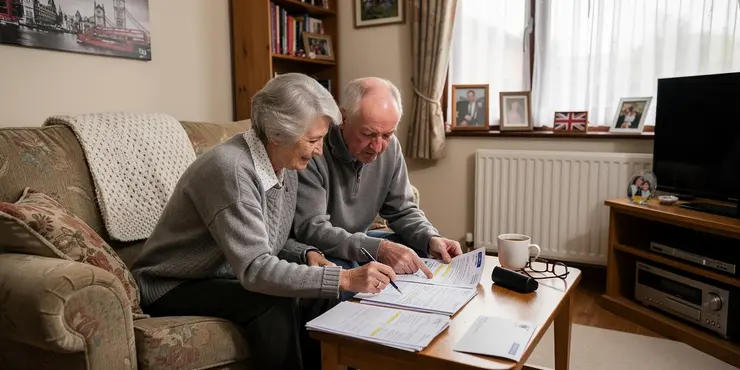
Can I still get the Winter Fuel Payment if I am living abroad?
Relevance: 56%
-

Addressing the Cost of Living Crisis: Community Support and Resources
Relevance: 55%
-
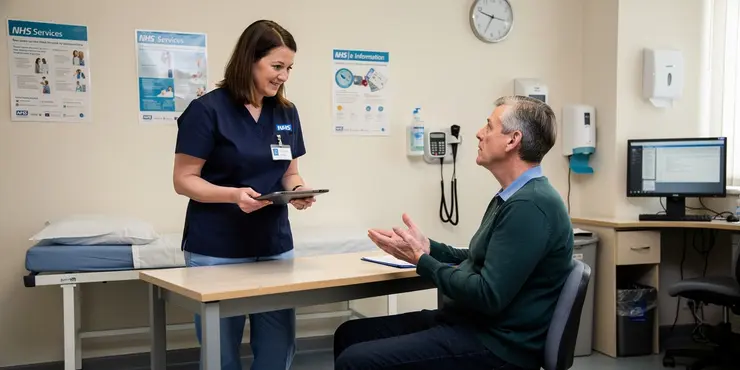
What are the administrative costs of a wealth tax?
Relevance: 54%
-
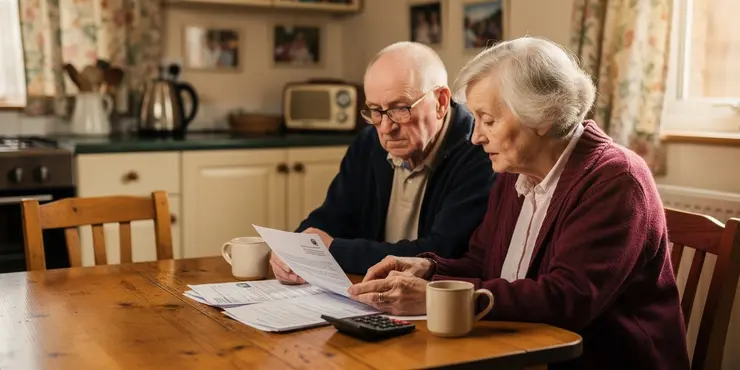
Do I need to report the Winter Fuel Payment on my tax return?
Relevance: 54%
-

Addressing the Rising Cost of Living: Community Support and Resources
Relevance: 53%
-

Impact of Rising Living Costs on Family Health
Relevance: 53%
-

How Rising Living Costs Are Impacting Family Wellbeing
Relevance: 52%
-

Understanding the Impact of Rising Living Costs on Family Welfare
Relevance: 51%
-
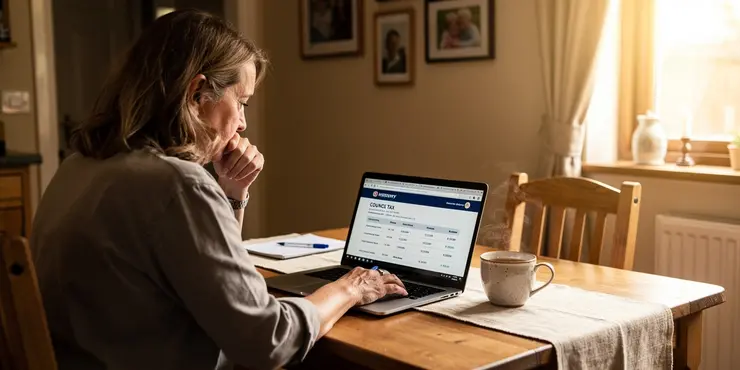
Can I access my Council Tax payment history online?
Relevance: 50%
-
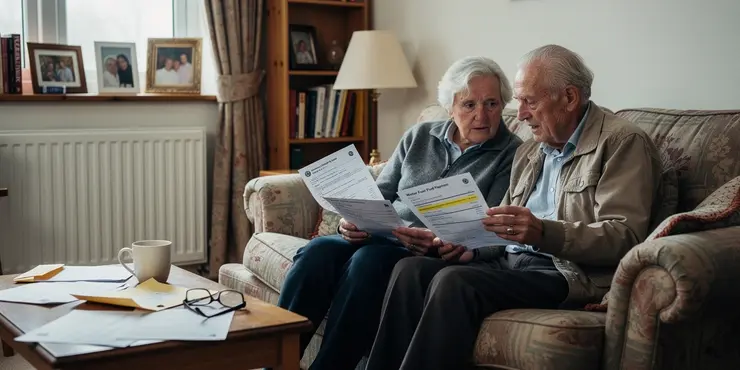
Is the Winter Fuel Payment taxable?
Relevance: 50%
-
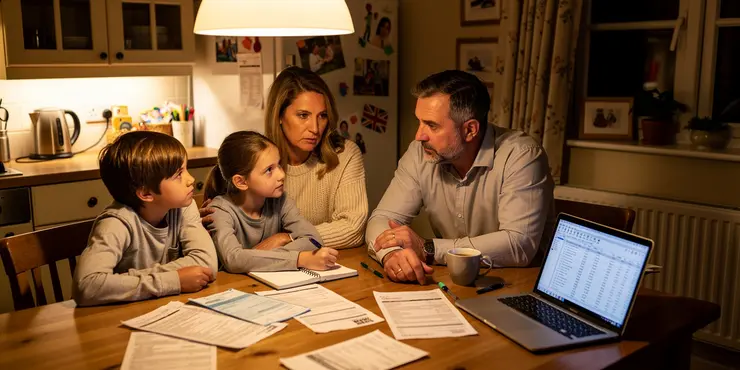
Rising Cost of Living: How Families Can Cope
Relevance: 49%
-
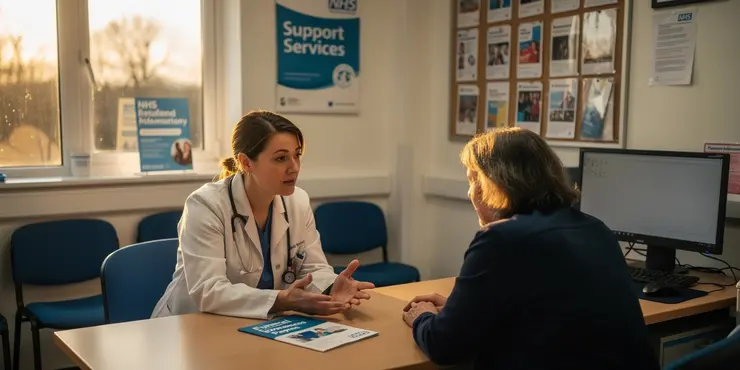
Who is eligible for a Funeral Expenses Payment?
Relevance: 48%
-

Charities Warn of Food Insecurity Amidst Rising Cost of Living
Relevance: 48%
-

What is a payment on account?
Relevance: 47%
-

Mental Health Impact of Cost of Living Crisis and Support Resources
Relevance: 47%
Understanding the £500 Cost of Living Payment
The £500 cost of living payment is a financial aid designed to help individuals manage their expenses in light of rising living costs in the UK. This payment is part of a broader effort to support those who are struggling with financial challenges due to inflationary pressures and increasing household bills.
Is the £500 Payment Taxable?
One of the primary questions recipients might have is whether they need to pay tax on the £500 cost of living payment. Generally, the taxability of any payment depends on its nature and the specific guidelines set by HM Revenue and Customs (HMRC). In most cases, direct government benefits designed to assist with living costs are not considered taxable income. Therefore, it is unlikely that you will need to pay income tax on this particular £500 payment.
Government Guidance and Exemptions
The UK government often provides guidance on which benefits and types of financial assistance are taxable. Programs and payments expressly created to mitigate the cost of living, such as this £500 payment, are typically exempt from taxation. This is intended to ensure that the full benefit of the financial assistance is passed on to the individuals who need it most, without the burden of additional tax liabilities.
Exceptions and Considerations
While the £500 cost of living payment itself is not taxable, recipients should be aware of how it might interact with other aspects of their personal finances. For instance, if you are in receipt of this payment along with other benefits or sources of income, it is always a good idea to stay informed about the cumulative impact on your tax situation. In some cases, additional income can affect eligibility for other means-tested benefits, even if the income itself is not taxable.
Staying Informed
It is essential to stay informed about current guidelines from HMRC, as tax regulations and government policies can change. Checking the official government website or consulting a tax advisor can provide you with personalized guidance if you have specific concerns about your financial situation or how it may be affected by receiving the £500 payment.
Conclusion
In conclusion, the £500 cost of living payment is designed to help alleviate the financial burden on individuals facing rising costs. It is generally non-taxable, allowing recipients to utilize the full amount to meet their needs. Nevertheless, staying informed and consulting authoritative sources will ensure you understand all aspects of your financial obligations and benefits.
Understanding the £500 Cost of Living Payment
The £500 cost of living payment is money to help people who are finding things expensive. Prices are going up in the UK, so this money helps with things like bills and groceries. It’s meant to help people who need it the most.
Is the £500 Payment Taxable?
Many people ask if they need to pay tax on the £500 payment. Usually, money from the government to help with living costs doesn’t need tax. So, you probably won’t have to pay tax on this £500 payment.
Government Guidance and Exemptions
The UK government tells us which payments need tax. This £500 payment to help with living costs usually doesn’t need tax. This means people can use all the money they get to help themselves without worrying about paying tax on it.
Exceptions and Considerations
The £500 payment doesn’t need tax, but it is good to know how it works with other money you get. If you get other benefits or money, check if it changes your tax or benefits. More money might change how other benefits work, even if the money itself doesn’t need tax.
Staying Informed
It’s important to know what the rules are. Rules can change, so check the government website or ask an expert if you have questions about money or tax when you get the £500 payment.
Conclusion
The £500 cost of living payment helps with the extra costs people are facing. It’s tax-free, so you can use all of it. Keep learning about your rights and money so you know what to do with your benefits and obligations.
Frequently Asked Questions
Is the £500 cost of living payment taxable?
No, the £500 cost of living payment is not considered taxable income.
Do I have to report the £500 payment on my tax return?
No, you do not need to report the £500 cost of living payment on your tax return.
Will receiving the £500 payment affect my tax bracket?
No, receiving the £500 cost of living payment will not affect your tax bracket.
Is the £500 payment considered income?
No, the £500 cost of living payment is not considered income for tax purposes.
Do I need to notify HMRC about the £500 payment?
No, there is no need to notify HMRC about the £500 cost of living payment.
Is the £500 payment included in taxable benefits?
No, the £500 cost of living payment is not included in taxable benefits.
Does the £500 payment influence my eligibility for tax credits?
No, the £500 cost of living payment does not influence your eligibility for tax credits.
Will I be taxed on the £500 payment next tax year?
No, you will not be taxed on the £500 cost of living payment in the next tax year.
Is the £500 payment subject to National Insurance contributions?
No, the £500 cost of living payment is not subject to National Insurance contributions.
Can the £500 payment affect my existing welfare benefits?
No, the £500 cost of living payment does not affect your existing welfare benefits.
Do pensioners pay tax on the £500 payment?
No, pensioners do not pay tax on the £500 cost of living payment.
Is the £500 cost of living payment taxable for self-employed individuals?
No, self-employed individuals do not need to pay tax on the £500 cost of living payment.
Should I keep records of receiving the £500 payment for tax purposes?
It is good practice to keep records, but it is not required for tax purposes as the payment is non-taxable.
Will the £500 payment be deducted from my wage by my employer?
No, the £500 cost of living payment will not be deducted from your wage by your employer.
Is there any paperwork required for the £500 cost of living payment regarding taxes?
No paperwork is required for tax purposes for the £500 cost of living payment.
If I receive two £500 payments, do I pay tax on them?
Each £500 cost of living payment is non-taxable, even if you receive them more than once.
Does the £500 payment count towards my annual income?
No, the £500 cost of living payment does not count towards your annual income for tax purposes.
Are there any tax credits that are affected by the cost of living payment?
No tax credits are affected by the £500 cost of living payment.
Do I need to file a separate claim for tax exemption on the £500 payment?
No separate claim is needed as the £500 cost of living payment is already tax-exempt.
Will the £500 payment be reflected on my P60 form?
No, the £500 cost of living payment will not be reflected on your P60 form.
Do you have to pay tax on the £500 help payment?
No, you do not have to pay tax on the £500 cost of living payment.
Do I need to tell the tax office about the £500 payment?
If you got £500, you might need to tell the tax office.
Here are some tips to help you:
- Ask someone who knows about tax to help you.
- Use a calculator to check your numbers.
- Keep notes and paperwork about your money.
If you are unsure, you can always call the tax office and ask them.
No, you don’t have to tell the tax office about the £500 cost of living payment.
Will getting the £500 change my tax group?
No, getting the £500 money for living costs will not change the amount of tax you pay.
Is the £500 payment income?
If you get £500, does it count as money you earn?
No, the £500 cost of living money is not counted as income for tax.
Do I need to tell HMRC about the £500 payment?
If you get £500, you might need to tell HMRC. HMRC is the tax office. It helps if you:
- Ask someone who knows about taxes.
- Use a calculator to add up your money.
- Write down all the money you get.
This way, you can be sure you are doing the right thing!
No, you don't need to tell HMRC about the £500 cost of living payment.
Do you have to pay tax on the £500 payment?
No, you don't have to pay tax on the £500 cost of living payment.
Will getting £500 change if I can get tax credits?
When you get £500, it might change if you can still get tax credits.
You can ask someone for help. Call a helpline or talk to a support worker if you're unsure.
No, getting the £500 money to help with living costs does not change if you can get tax credits.
Do I need to pay tax on the £500 next year?
No, you do not have to pay tax on the £500 cost of living payment next year.
Do I have to pay National Insurance on the £500?
No, you do not have to pay National Insurance on the £500 cost of living payment.
Will the £500 payment change my current benefits?
No, getting the £500 payment for living costs doesn’t change your other benefits.
Do pensioners have to pay tax on the £500 payment?
Pensioners are older people who get money because they have stopped working. Some pensioners will get £500.
If you are a pensioner, you might wonder if you need to give some of the £500 back as tax. Tax is money you give to the government.
Here are some things to help:
- Ask someone you trust to help explain.
- Use a calculator to check.
- Look online for easy guides.
No, older people (pensioners) do not have to pay tax on the £500 payment to help with living costs.
Do self-employed people need to pay tax on the £500 cost of living payment?
This means: If you work for yourself and you get £500 to help with living costs, do you need to give some of it as tax?
No, people who work for themselves do not have to pay tax on the £500 cost of living payment.
Do I need to keep notes about getting the £500 for tax?
Yes, it's a good idea to write down and save information about getting the £500. This can help you when you need to talk about it for taxes.
You can use a notebook or your phone to keep these notes. Make sure you know:
- When you got the money
- Why you got the money
Save any letters or emails about the £500 payment. This will help you remember things later.
It is a good idea to keep notes. But you don't have to for taxes because this money doesn't get taxed.
Will my boss take the £500 out of my pay?
No, the £500 cost of living payment will not be taken out of your pay by your boss.
Do I need to fill out any forms for the £500 cost of living payment and taxes?
If you are getting a £500 money help, you might wonder if you need to fill out forms for taxes.
You don’t need to fill out any special forms for this money help.
If you have questions, ask someone you trust or use a calculator for help.
You don't need to fill out any forms or do any paperwork for the £500 cost of living payment for taxes.
Do I need to pay tax if I get two payments of £500?
This means you get £500 two times.
You might need to pay tax. It depends on how much money you get in a year.
Here’s what to do:
- Add up all the money you get in a year.
- Check if this is more than the tax-free amount.
- If it's more, you might pay tax.
You can use a calculator online to check.
Ask someone for help if you are not sure.
Every £500 payment to help with the cost of living does not need to have tax taken from it, even if you get it more than once.
Will the £500 count as my income for the year?
No, the £500 payment to help with living costs is not part of your income for tax.
Do cost of living payments change tax credits?
Some payments help with living costs. These might change your tax credits.
If you get extra money, like a cost of living payment, check if it changes your tax credits.
Talk to someone who helps with taxes, or use a calculator online to see how much tax credit you get.
The £500 payment to help with living costs does not change your tax credits.
Do I need to fill out a new form to not pay tax on the £500 payment?
You don't need to fill out any special forms because the £500 payment to help with living costs is not taxed.
Will the £500 payment show on my P60 form?
This question is about if the £500 payment will be on your P60 form. A P60 is a paper that shows how much money you earned and how much tax you paid.
Tools like read-aloud apps or text-to-speech can help understand this better. You can also ask someone you trust to explain it to you.
No, the £500 cost of living payment will not show on your P60 form.
Useful Links
This website offers general information and is not a substitute for professional advice.
Always seek guidance from qualified professionals.
If you have any medical concerns or need urgent help, contact a healthcare professional or emergency services immediately.
Some of this content was generated with AI assistance. We’ve done our best to keep it accurate, helpful, and human-friendly.
- Ergsy carfully checks the information in the videos we provide here.
- Videos shown by Youtube after a video has completed, have NOT been reviewed by ERGSY.
- To view, click the arrow in centre of video.
- Most of the videos you find here will have subtitles and/or closed captions available.
- You may need to turn these on, and choose your preferred language.
- Go to the video you'd like to watch.
- If closed captions (CC) are available, settings will be visible on the bottom right of the video player.
- To turn on Captions, click settings .
- To turn off Captions, click settings again.
More Items From Ergsy search
-

Is the £500 cost of living payment taxable?
Relevance: 100%
-

Do I need to pay tax on the £500 cost of living payment?
Relevance: 100%
-

Is the £500 cost of living payment taxable?
Relevance: 97%
-

Is the £500 cost of living payment a one-time payment?
Relevance: 92%
-

Can I receive this payment alongside other cost of living payments?
Relevance: 91%
-
What is the £500 cost of living payment?
Relevance: 91%
-

When will I receive the £500 cost of living payment?
Relevance: 90%
-

Is the £500 cost of living payment a one-time payment?
Relevance: 89%
-

What is the £500 cost of living payment?
Relevance: 88%
-

Are there any fees to apply for the £500 cost of living payment?
Relevance: 84%
-

Are pensioners eligible for the £500 cost of living payment?
Relevance: 82%
-

Who is eligible to receive the £500 cost of living payment?
Relevance: 82%
-

How do I apply for the £500 cost of living payment?
Relevance: 81%
-

Are students eligible for the £500 cost of living payment?
Relevance: 81%
-

Can students receive the £500 cost of living payment?
Relevance: 80%
-

how do I get the £500 cost of living payment before March deadline?
Relevance: 80%
-

How can I apply for the £500 cost of living payment?
Relevance: 80%
-

Can mature students apply for the £500 cost of living payment?
Relevance: 79%
-

Will the £500 cost of living payment affect my benefits?
Relevance: 79%
-

How can students apply for the £500 cost of living payment?
Relevance: 74%
-

Where can I find more information about the £500 cost of living payment?
Relevance: 74%
-

Where can I find more information about the £500 cost of living payment?
Relevance: 72%
-

Can I receive the payment if I live abroad?
Relevance: 66%
-

Financial Support for Families Amid Rising Cost of Living
Relevance: 62%
-

Navigating the UK Cost of Living Crisis: Tips for Families
Relevance: 59%
-

Can I still get the Winter Fuel Payment if I am living abroad?
Relevance: 56%
-

Addressing the Cost of Living Crisis: Community Support and Resources
Relevance: 55%
-

What are the administrative costs of a wealth tax?
Relevance: 54%
-

Do I need to report the Winter Fuel Payment on my tax return?
Relevance: 54%
-

Addressing the Rising Cost of Living: Community Support and Resources
Relevance: 53%
-

Impact of Rising Living Costs on Family Health
Relevance: 53%
-

How Rising Living Costs Are Impacting Family Wellbeing
Relevance: 52%
-

Understanding the Impact of Rising Living Costs on Family Welfare
Relevance: 51%
-

Can I access my Council Tax payment history online?
Relevance: 50%
-

Is the Winter Fuel Payment taxable?
Relevance: 50%
-

Rising Cost of Living: How Families Can Cope
Relevance: 49%
-

Who is eligible for a Funeral Expenses Payment?
Relevance: 48%
-

Charities Warn of Food Insecurity Amidst Rising Cost of Living
Relevance: 48%
-

What is a payment on account?
Relevance: 47%
-

Mental Health Impact of Cost of Living Crisis and Support Resources
Relevance: 47%


